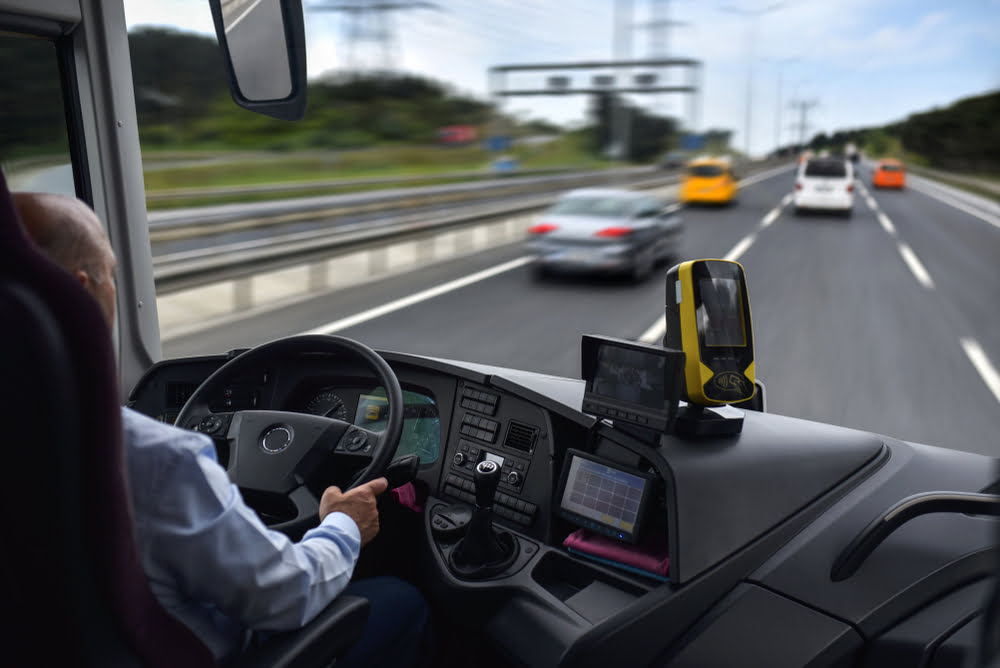Employees at coach companies also joined the strike this week.
Just like yesterday, there will be a strike in regional transport on Friday. Trade union FNV wants to enforce a better collective labor agreement. The strike mainly affects regional buses, but also regional trains of carriers such as Arriva and Keolis. Employers say they have made "an above-average wage offer" of 8 percent, but the FNV considers that insufficient.
Employees at coach companies also joined the strike this week. While the employers in coach transport believe that the announced strike in coach transport is pointless and Bustransport Nederland and CNV Vakmensen recently agreed on a new CLA for private bus transport (coach transport) for the period 2023-2024, FNV is going strong, while employers have to pay a lot of attention. of the demands of FNV have been met.
Thousands of public transport workers are on strike. Regional carriers such as Arriva had therefore already warned of disruptions in the timetables. Local carriers Keolis and Qbuzz cannot guarantee that the timetable will run smoothly either.
We are facing even more strikes now that more and more workers are willing to campaign for higher wages. Trade unions FNV demand compensation for the sky-high inflation and hope to maintain their purchasing power for their members. In addition, there is also a lot of attention for working conditions, break arrangements and continued payment in the event of illness.
five-sixth regulation
In addition to the wage increase, it has been agreed for the employees of coach companies to abolish the five-sixth scheme. This was a long-cherished wish of the trade unions and it is now being met. This arrangement will disappear on 1 January 2024 and will be replaced by the break arrangement as it currently applies to international scheduled services. This puts an end to the arrangement agreed in previous collective labor agreements whereby five hours of six hours are paid for some types of transport. This arrangement was created in view of the many long interruptions in the occasional bus service. The abolition of the scheme is a hefty cost item for the entrepreneurs, who nevertheless support the change.
differences
There may be several reasons why trade unions FNV and CNV have different demands about the same positions in bus transport. For example, this may be related to different interests or priorities of the trade unions or the workers they represent. It is also possible that different trade unions have different information about the situation in bus transport, which can lead to different points of view.
An additional plus is the membership growth for the unions, something that is not bad after years of loss. In 2021 there were 98 thousand fewer trade union members than in 2019, a decrease of 6 percent. The number of trade union members has been declining since 2011. Since the start of the measurement in 1901, there has been a sharper decline only four times before. The share of trade union members who have reached state pension age or are older increased. Relatively speaking, most employees in education are members of a trade union. This is reported by Statistics Netherlands on the basis of new figures.



